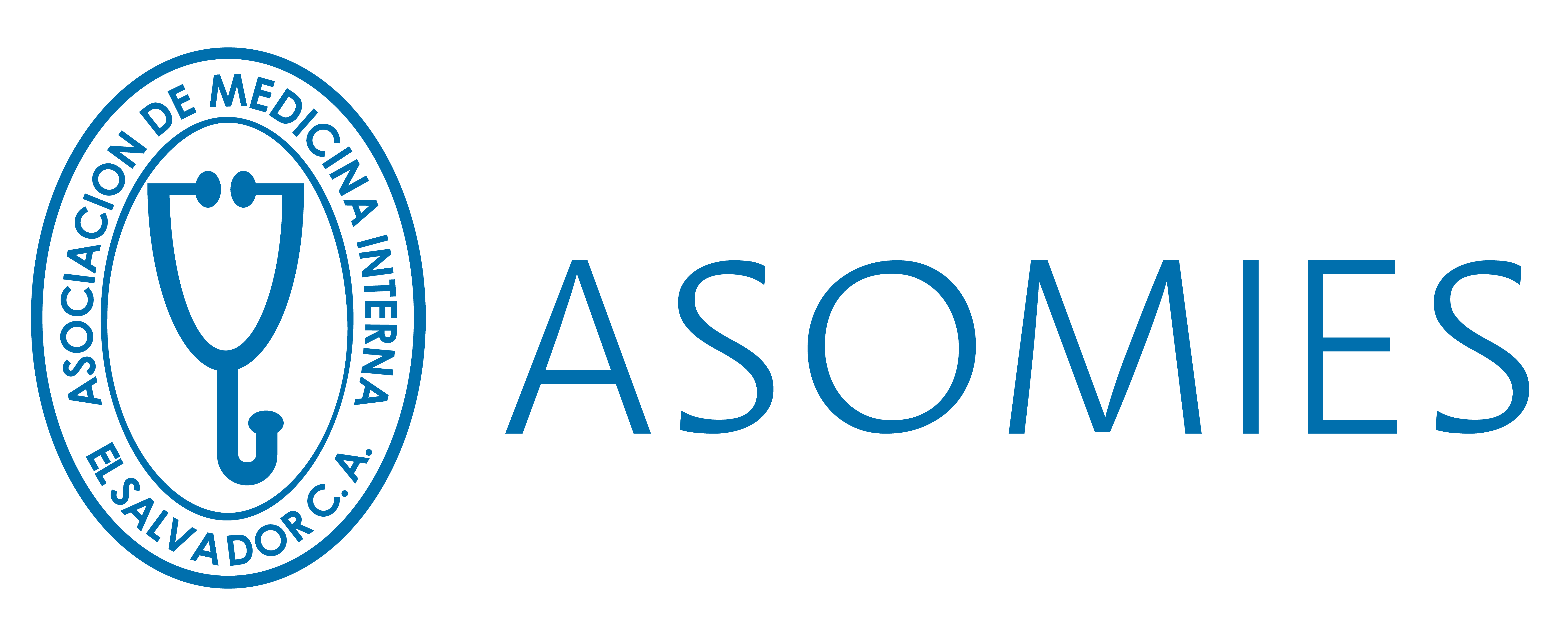junio 16, 2016
Information sourced from NEJM Journal Watch:
Half of Antidepressants Prescribed in Quebec Primary Care Are for Nondepressive Indications
Some of those indications (e.g., generalized anxiety) are supported by good evidence, others are not.
Antidepressant prescribing by primary care physicians has grown substantially in recent years, but the frequency with which such prescribing is for nondepressive indications is unclear. To explore this issue, researchers used an electronic medical record and prescribing database in Quebec, Canada, to examine treatment indications for antidepressant prescriptions written by primary care clinicians between 2006 and 2015.
During the study period, about 102,000 antidepressant prescriptions (6% of all prescriptions) were written by 158 physicians for nearly 20,000 adults. About 55% of these prescriptions were indicated for depressive disorders, and about 23% were indicated for anxiety or panic disorders. The rest, about a quarter, were written for insomnia (10%), nonspecific pain (6%), fibromyalgia (1.5%), migraine (1.5%), and numerous other indications (e.g., menopause, nicotine dependence, sexual dysfunction, digestive system disorders). About 30% of antidepressant prescriptions were written for off-label indications.
COMMENT
Primary care physicians are prescribing antidepressants for a wide range of conditions other than depression. In some cases, those uses (e.g., certain selective serotonin reuptake inhibitors for generalized anxiety disorder or panic disorder) are validated by clinical trials and approved by drug regulatory agencies such as the FDA. However, for some of the off-label uses, clinical studies that provide better support would be helpful.
Thomas L. Schwenk, MD reviewing Wong J et al. JAMA 2016 May 24/31.
CITATION(S):
Wong J et al. Treatment indications for antidepressants prescribed in primary care in Quebec, Canada, 2006-2015. JAMA 2016 May 24/31; 315:2230.
[JAMA article preview]
NEJM Journal Watch is produced by NEJM Group, a division of the Massachusetts Medical Society. Copyright ©2016 Massachusetts Medical Society. All rights reserved.
The above message comes from NEJM Journal Watch, who is solely responsible for its content.
You have received this email because you requested follow-up information to an Epocrates DocAlert® message. For more information about Epocrates, please click here.
For questions, feedback, or suggestions regarding Epocrates DocAlert® messages, please contact the Medical Information Team at docalert@epocrates.com.
Publicado en Actividades Académicas, Actualización medica, actualizaciones, Curso de Educación Continua, Neurologia


